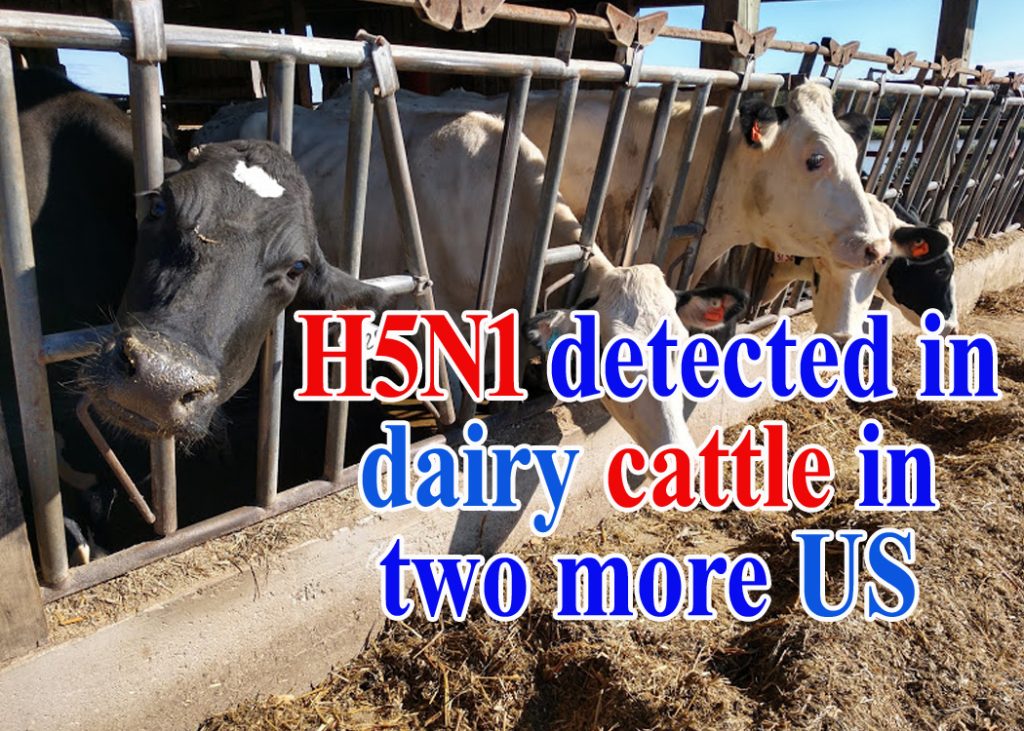
In an important development for livestock safety, H5N1 avian influenza has been detected in dairy cattle in O’Brien County, Iowa, and Benton County, Minnesota, posing a new challenge to the ongoing efforts to monitor and control the spread of avian influenza within dairy herds, with confirmed cases now reported in 11 US states.
The Iowa Department of Agriculture & Land Stewardship, in collaboration with local authorities, reported the Iowa case on June 5, coinciding with the confirmation of Minnesota’s case on the same day. This is the first instance of H5N1 detection in dairy cows in either state.
Highlighting the potential impact on the dairy industry, Iowa Secretary of Agriculture Mike Naig called for proactive measures to combat the situation. “While lactating dairy cattle appear to recover with supportive care, this destructive virus remains deadly for poultry,” Naig says, assuring stakeholders of forthcoming response steps aimed at safeguarding livestock and the agricultural community.
Minnesota state veterinarian Dr. Brian Hoefs stressed the need for heightened vigilance among dairy farmers. He suggested prompt testing of sick cows to enhance understanding of the virus and improve preventive measures.
Genomic sequencing by the National Veterinary Services Laboratory (NVSL) in Ames, Iowa, has provided crucial insights into the virus’s genetic makeup. These findings, along with ongoing sequencing efforts in other affected regions, equip authorities with vital information to plan response strategies effectively.
In response to the recent outbreaks, the US Centers for Disease Control and Prevention (CDC) has called for increased distribution of personal protective equipment to workers in dairy and poultry farms, reinforcing the commitment to ensuring the safety and well-being of those in the agricultural sector.
As this situation evolves, collaboration between stakeholders, government agencies, and veterinary professionals remains essential to protecting livestock, agricultural livelihoods, and the communities they sustain. -PR





